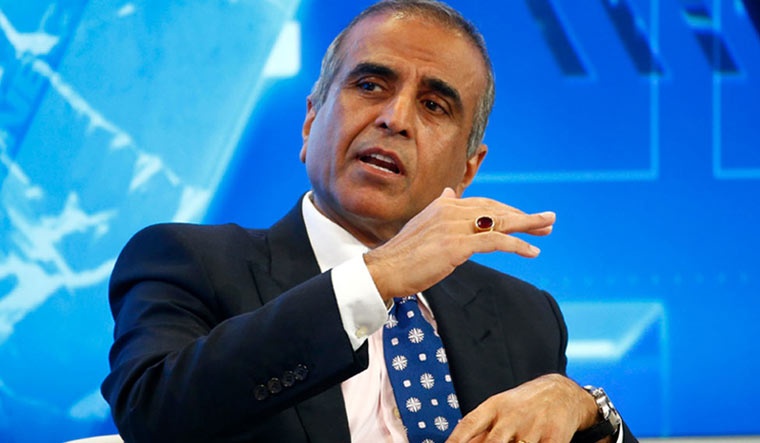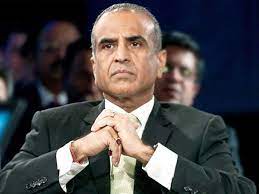
A successful entrepreneur who has become the largest shareholder in BT has established a corporate empire that includes hotels in the United Kingdom.
As a result of the expansion of India’s economy over the past few decades, a group of billionaires who dominate important sectors have prospered. From the perspective of Sunil Bharti Mittal, the rise may appear to be nearly predetermined. Bharti is a name that originates from the Hindi word for India, which is Bharat.
Bharti Enterprises, the conglomerate that Mittal established in 1976 as a modest manufacturer, was given the brand name Mittal, which is his middle name. But it was in the field of telecommunications that he made his wealth, as the demand for data in India has skyrocketed. During the previous year, Bharti Airtel had a total of 400 million consumers in India, 150 million customers in Africa, and an additional 60 million customers in Bangladesh and Sri Lanka.
As a result of Bharti’s agreement to buy out Patrick Drahi, the art-loving Moroccan-born tycoon whose Altice empire is struggling under the weight of debt, Bharti will become the largest shareholder in BT Group. Mittal will have tremendous influence over one of the most important firms in the United Kingdom as a result of the 24.5% ownership, despite the fact that Bharti has claimed that it is not planning a full takeover.

According to Fortune India magazine, Mittal already spends a significant amount of his time in the United Kingdom. Additionally, he has financial interests in the United Kingdom, particularly in the hospitality industry. It was Mittal’s son-in-law, Sharan Pasricha, who was responsible for the acquisitions that led to Bharti’s ownership of the renowned Gleneagles hotel in Scotland as well as The Hoxton brand of “budget-luxe” hotels.
Sat Pal Mittal, a politician who was known as a fundraiser and fixer for the Congress party, which controlled Indian politics for a century until the victory of the Bharatiya Janata party under Narendra Modi in 2014, was Mittal’s father. Mittal was born in 1957 in the Punjab region of India.
Following his graduation from Panjab University, Mittal did not follow in his father’s footsteps and enter politics. Instead, in 1976, when he was just 19 years old, he began a business that specialised in the production of bicycle components. After that, he began a number of businesses, including the sale of generators, stainless steel surgical equipment, and wool blankets at various prices. In spite of this, he made the decision to enter the telecoms industry in 1985 after being persuaded of the opportunities for expansion during a trip to Taiwan, as stated in a profile published by Harvard Business School, the institution where he eventually attended classes.
Mittal, who is unrelated to the steel tycoon Lakshmi Mittal, developed a mobile network that claims to cover 96% of India’s population. Mittal became successful in expanding the business by forming partnerships with multinational corporations. Through a transaction that cost $10 billion (£7.8 billion) in 2010, the corporation opened up operations in Africa.
Mukesh Ambani, the owner of the rival Reliance Jio mobile network and substantial commodities interests, and Gautam Adani, whose primary industry is coal, are considered to be India’s two richest individuals. Modi’s support is frequently mentioned as an important element in their ascent to power. The link between Mittal and India’s Prime Minister is not quite as close, but Mittal has also made public statements about the influence of India’s Prime Minister.
Despite the fact that Bharti will voluntarily submit the BT proposal for evaluation in accordance with the National Security and Investment Act of the United Kingdom, the government has already demonstrated that it is pleased to collaborate with the Indian conglomerate. Under the leadership of Boris Johnson, the government of the United Kingdom entered into a controversial partnership with Bharti in order to acquire OneWeb, a satellite firm operating in low-earth orbit that had filed for bankruptcy. In the year 2020, Alok Sharma, who was serving as the business secretary at the time, stated that Bharti was a “large and trusted investor.”
Mittal has presented his efforts in “last-mile connectivity” as an effort to close the global digital divide. While this is a commendable objective, it is also one that has the potential to yield even greater benefits for those who are in possession of the ever-increasing number of connections.